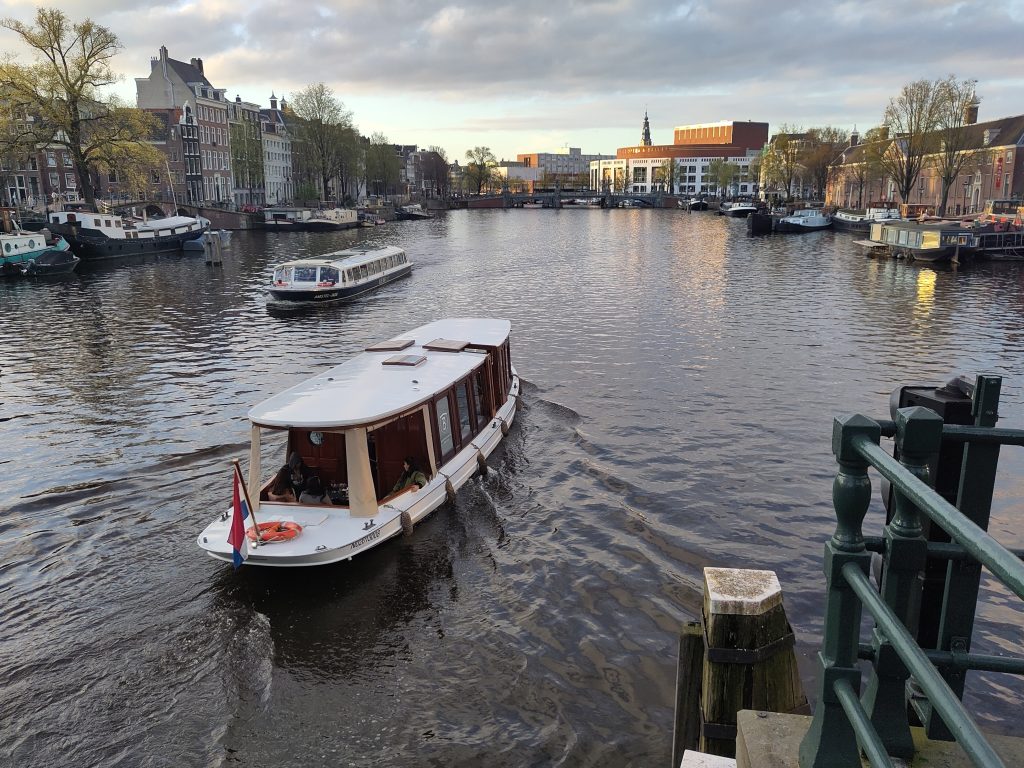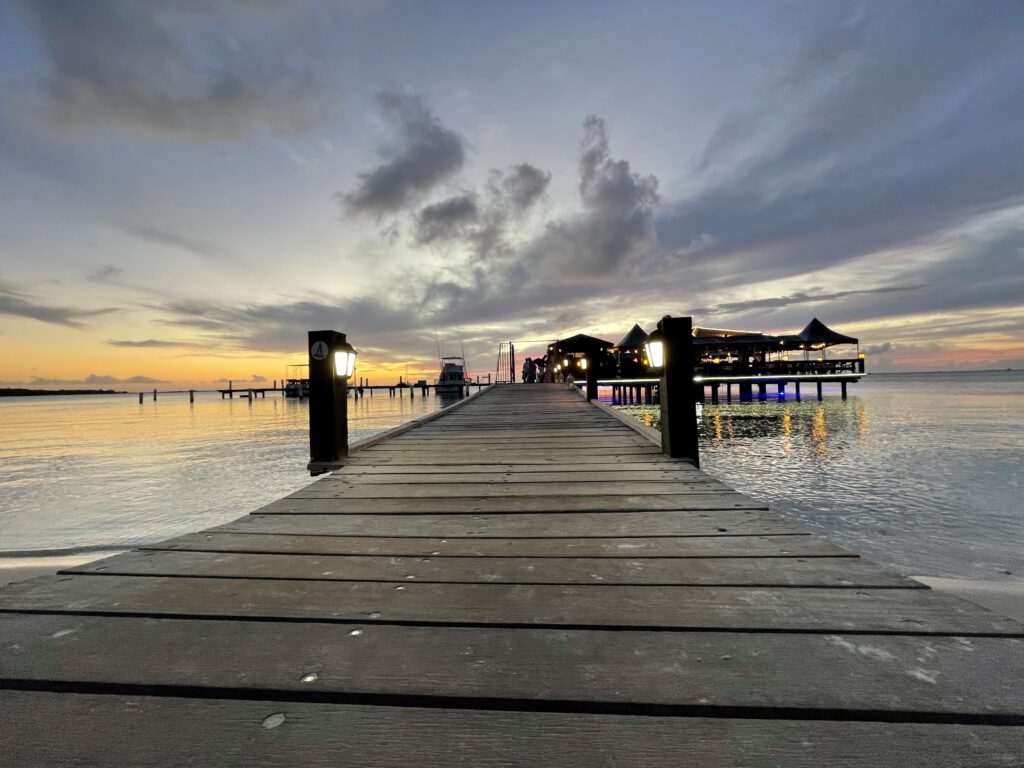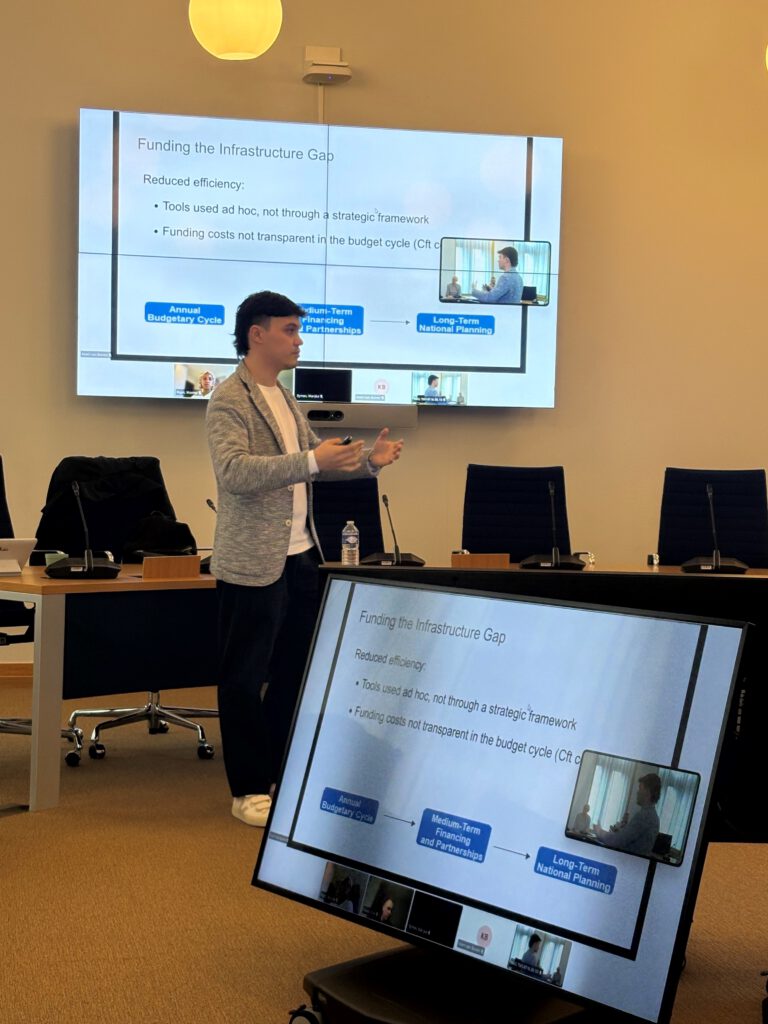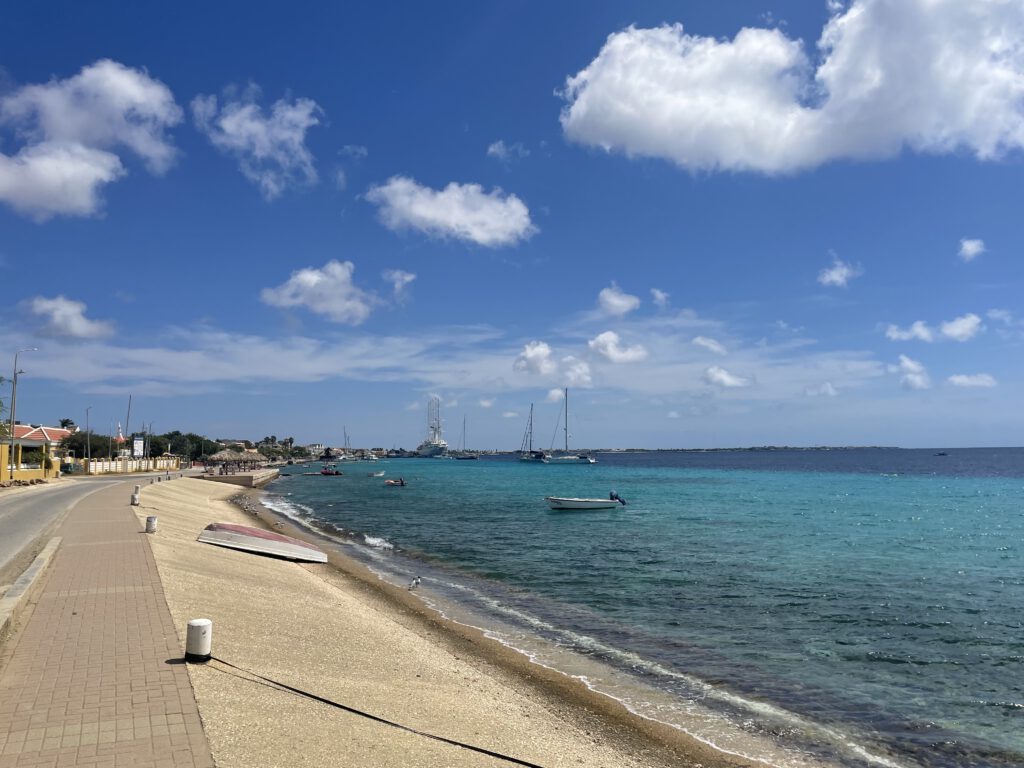EBA study on licensing system
Amsterdam Bureau for Economics (EBA), at the request of a group of shipping companies, conducted an analysis of the licensing system for non-touristic group transport in Amsterdam. In its recent ruling, the Council of State concluded that the municipality of Amsterdam had not sufficiently justified why hospitality vessels, saloon boats, and historic vessels were subject to the same volume policy as other boats. The findings of the EBA played an important role in this decision, as their analysis revealed that non-touristic group transport does not significantly contribute to congestion on the waterways.
Insufficient justification for municipal volume policy
EBA was asked to investigate the economic impact of the municipality’s volume policy. The analysis showed that the municipality had not provided sufficient evidence that limiting the number of permits actually contributes to reducing the nuisance for residents. EBA’s findings emphasize that the volume policy was not adequately substantiated to justify the intended goals.
Council of State ruling
A total of 51 shipping companies appealed against an earlier 2022 ruling, which had favored the municipality. In 27 of these cases, the Council of State has now issued a ruling, concluding that the municipality had not sufficiently motivated its policy and that the expiring permits were unfairly distributed.
Implications for policy
As a result of this ruling, the municipality must revise its canal boat policy and provide better justification. The aim is to develop a fairer and more transparent licensing policy that is both economically substantiated and meets legal standards.



